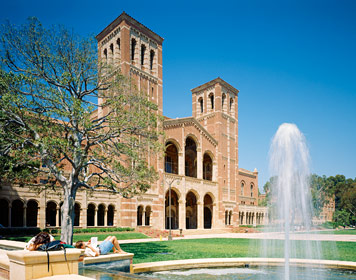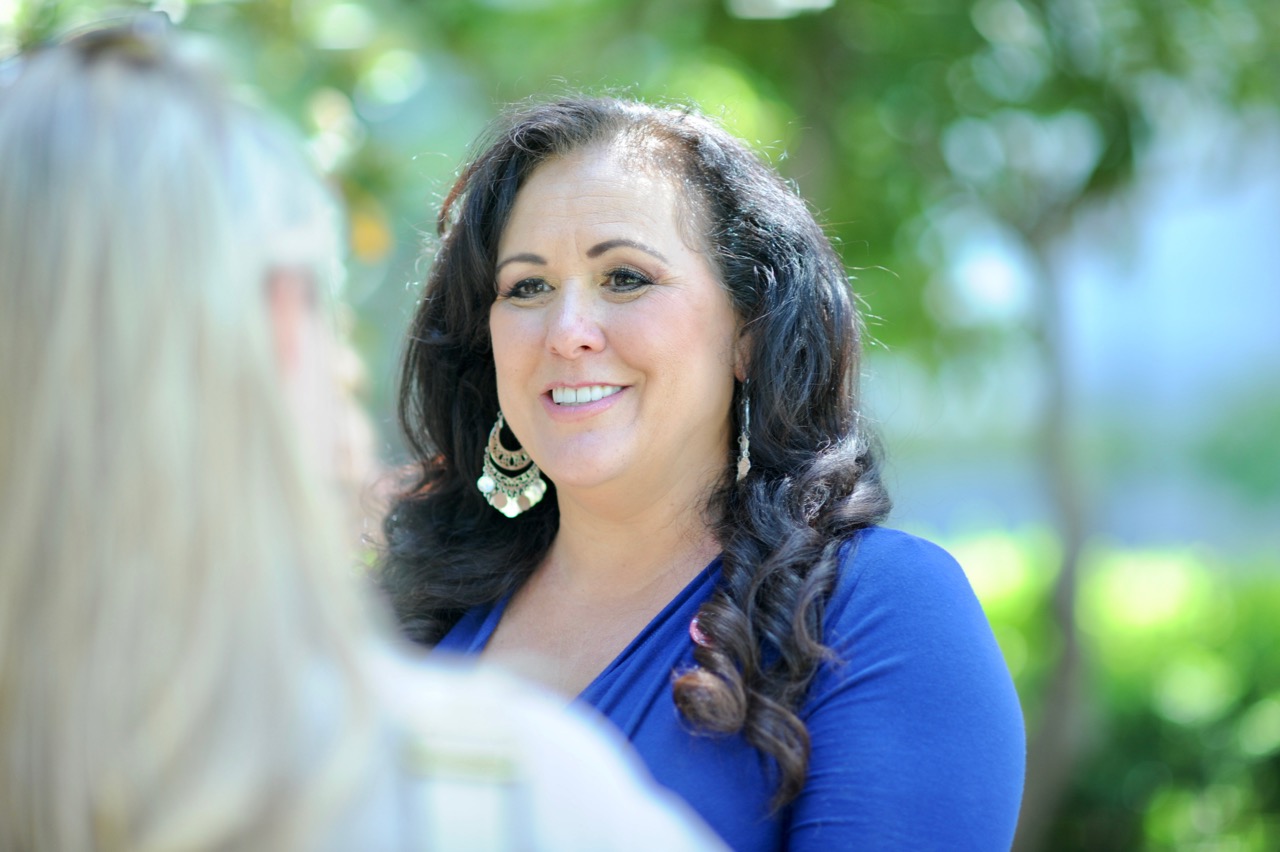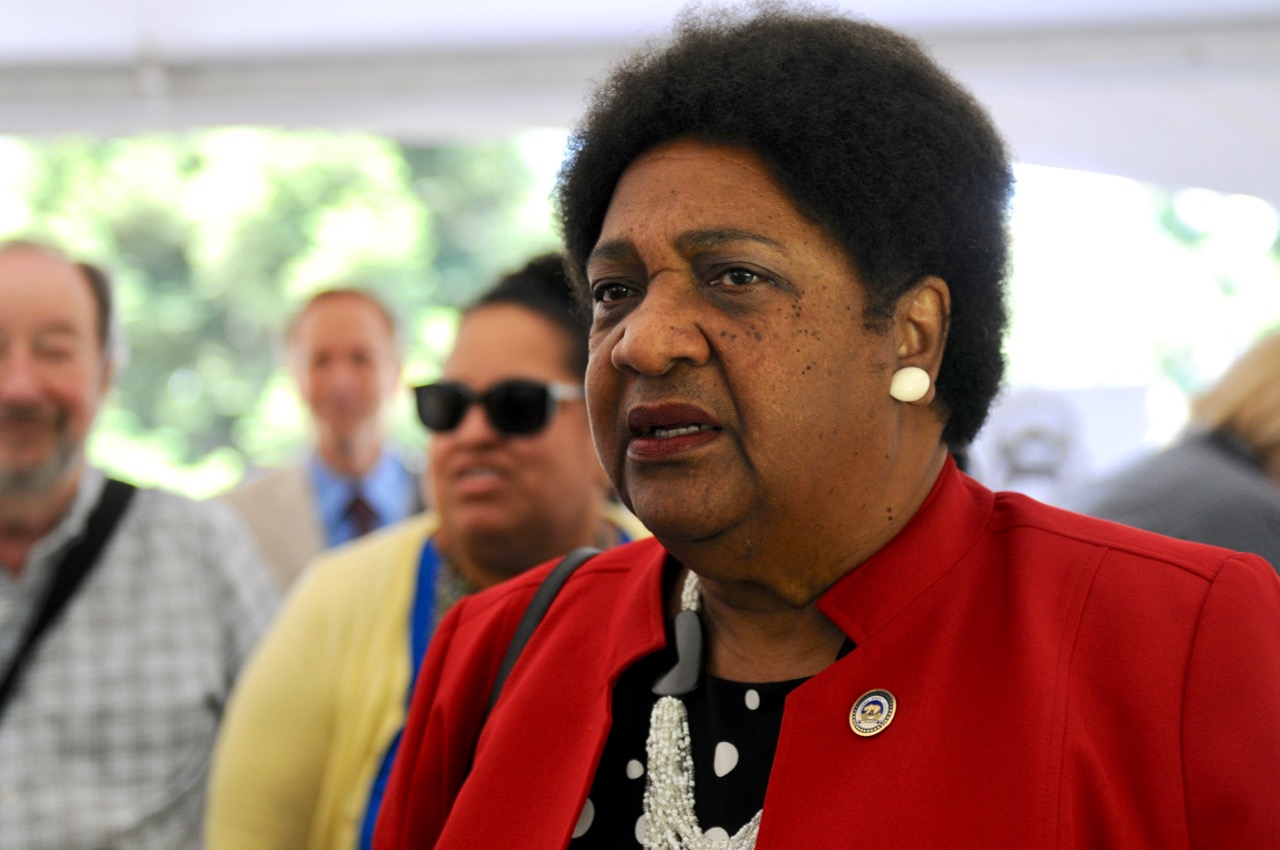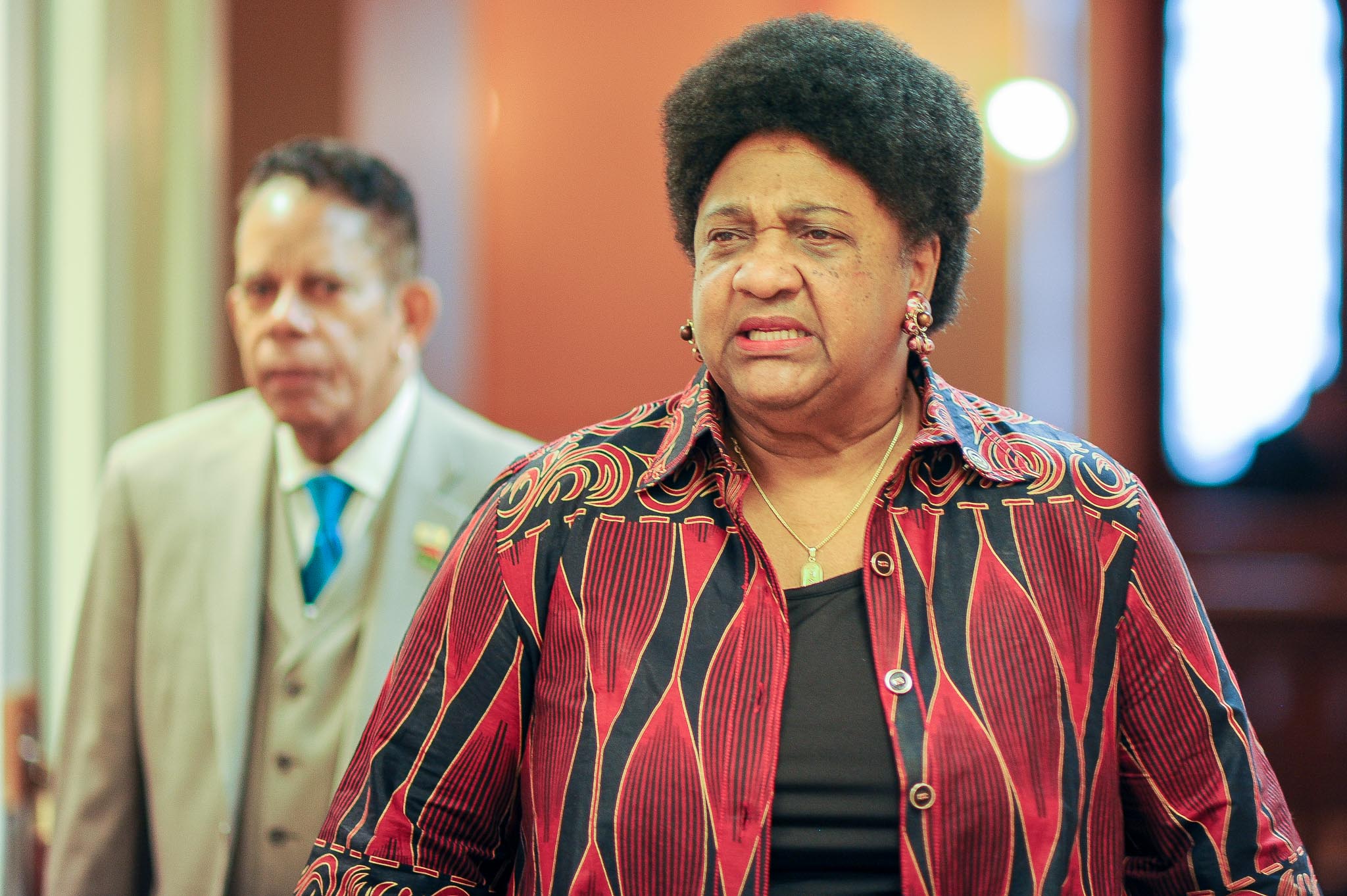
UCLA. (Photo: alumni.ucla.edu)
SCOTUS Revisit of Affirmative Action at Universities has Implications for California Institutions
What the failed effort to repeal Prop. 209 says about the California electorate is certainly ripe for discussion
By Martin Marks, February 16, 2022 6:28 am
A few years back, my wife and I embarked on a tour of university campuses with high school-aged daughter in tow in lieu of the classic summer family vacation. Typically, each pre-arranged visit would include a tour of the campus offered by an upper class student, who was specifically trained to walk backwards while simultaneously fielding questions from anxious prospective students and their soon to be broke parents. This was followed by a sit-down with a university official; most often an admissions dean and/or financial officer of the institution to explain the application/admissions process and just how broke mom and dad were soon to be. In every presentation for every college we visited, the school representative was certain to emphasize that “our university prides itself in being the most diverse campus in terms of races, ethnicities, genders, sexual orientations, religions, nationalities, etc. represented for both students and faculty.”
At one particular Ivy League university in Ithaca, NY, the dean detailed the admissions process by describing how the review of student applications would be conducted. The admissions team would lock themselves in a room over several sessions and review every application before them. Approximately 10% of applications would be immediately placed in a pile for those students who were a sure fit to be successful at the school, while 10% would be quickly relegated to the pile for students who would best seek continuance of education elsewhere. The remaining 80% would be pored over again and again and again until finally all applications had found a home in their appropriate pile and the university had its cadre of students that in this case would be the graduating Class of 2012.
Ultimately, when questions were called for my hand shot up and my daughter reflexively slumped a bit lower in her chair. “Dean So and So, I would like to refer back to your opening statement to us where you proclaimed that the university takes great pride in its diversity. I was wondering how that might affect the destination of student applications to the aforementioned piles you detailed?” My daughter slumped a bit lower, and my wife was on her way to join her.
Another dad in the room quickly chimed in, “And Dean So and So, please take a look around this room. There are twenty prospective students here and all of them are white and female. That has to give you fits in achieving the diversity for which you take great pride.”
The only thing that Dean So and So could muster were some platitudes toward the fact that females have made great strides and now outnumber their male counterparts in college applications across the land. She deftly avoided the potential controversy stemming from any discussion of race, gender, ethnicity, sexual orientation being given preference in the admissions process. Ultimately, my daughter was not granted admission to this particular university. She was eminently qualified. Perhaps it was her dad’s impertinent query to Dean So and So. Then again, perhaps it was something else.
The U.S. Supreme Court recently announced that it will, most likely in the new session beginning in October, review policies that allow universities to consider the race of students in the application process as criteria for offering acceptance to the program. More specifically, SCOTUS will examine the policies of one private (Harvard) and one public state institution (University of North Carolina, Chapel Hill) where lower courts have ruled in Students for Fair Admissions v. President & Fellows of Harvard College and Students for Fair Admissions v. University of North Carolina, that the schools complied with previous high court decisions which allows using race as one factor in a wide range of determinants for admissions.
Yet, the Grutter v. Bollinger decision of 2003 that upheld the use of race in determining school admissions was decided by the slimmest of margins at 5-4, and with the recent retirement announcement of Justice Stephen Breyer, none of the justices who supported that majority opinion and who traditionally championed liberal causes will be present in October when the court revisits affirmative action on campus. In fact, with the three additions to the high court courtesy of President Donald Trump, the tenor of the Supremes across the liberal/conservative divide will be contrastingly different moving forward not only for affirmative action cases, but also for hot button issues such as abortion, gun control, et. al.
In California, the impact of a potential overrule of previous decisions arguably could have lesser impact on college acceptance as the state was the first to outlaw the use of race as a factor in granting college admissions by virtue of Proposition 209 approved by voters in 1996. Prop. 209 held that “The state shall not discriminate against, or grant preferential treatment to, any individual or group on the basis of race, sex, color, ethnicity, or national origin in the operation of public employment, public education, or public contracting.”
The effect of Prop. 209 had predictable results. At elite California state universities and colleges, the percentages of Black, Latino, and Native American students accepted and matriculated dropped significantly, while those numbers for whites and Asians in particular rose. The same patterns held true for faculty.
An effort to repeal Prop. 209 failed in 2020 with the decisive defeat of Proposition 16. Keep in mind that this came in the same election that had progressive Californians give the Biden/Harris ticket nearly a 30% plurality in the popular vote. What this says about the California electorate is certainly ripe for discussion.
Of course, not all universities and colleges in California are public institutions, so private California universities are on high alert as the practice of incorporating race into admissions practices in order to achieve diversity on campus is still permitted. Additionally, should the U.S. Supreme Court overturn precedent set in Grutter v. Bollinger and strictly prohibit any consideration of race in university admission practices, any future efforts to reverse California’s voter-supported ban on such practice in public universities like Prop. 16 would essentially be moot.
Returning to the recent announcement by U.S. Supreme Court Justice Stephen Breyer that he will be retiring in 2022, President Joe Biden has already pledged that that he would only consider a black woman as his first nomination to SCOTUS. Whomever that will ultimately be, it is arguable that the president has placed this yet to be known Justice in a delicate if not recusal-worthy position for any case, including the soon to be heard Harvard and UNC suits, regarding affirmative action that might be considered by the court.
- Why Is National Public Radio Still Publicly Funded? - April 24, 2024
- Dodgers’ Ohtani Embroiled in Gambling Scandal - March 22, 2024
- Overwhelming Migrant Ingress Shifts To California - March 5, 2024





Good article. Clearly, California was way ahead of the rest of the country in debating affirmative action policy as reverse dIscrimination in University of California vs. Bakke (1978). The current controversy involving admissions policy is the use of “social equity” as the admission criterion. Specifically, the use of subjective personal ratings in Harvard’s admissions policy which the plaintiffs argue is racially biased against Asians (https://www.harvardmagazine.com/2019/10/full-report-harvard-s-use-of-race-in-admissions-upheld). A major difference in this case is that Harvard is a PRIVATE institution unlike UC, a PUBLIC school. The SCOTUS will have to take on this case soon.
Comrades
You’re all the same, tools of the STATE…..feel not slighted, you’re education is a gift….be thankful…..